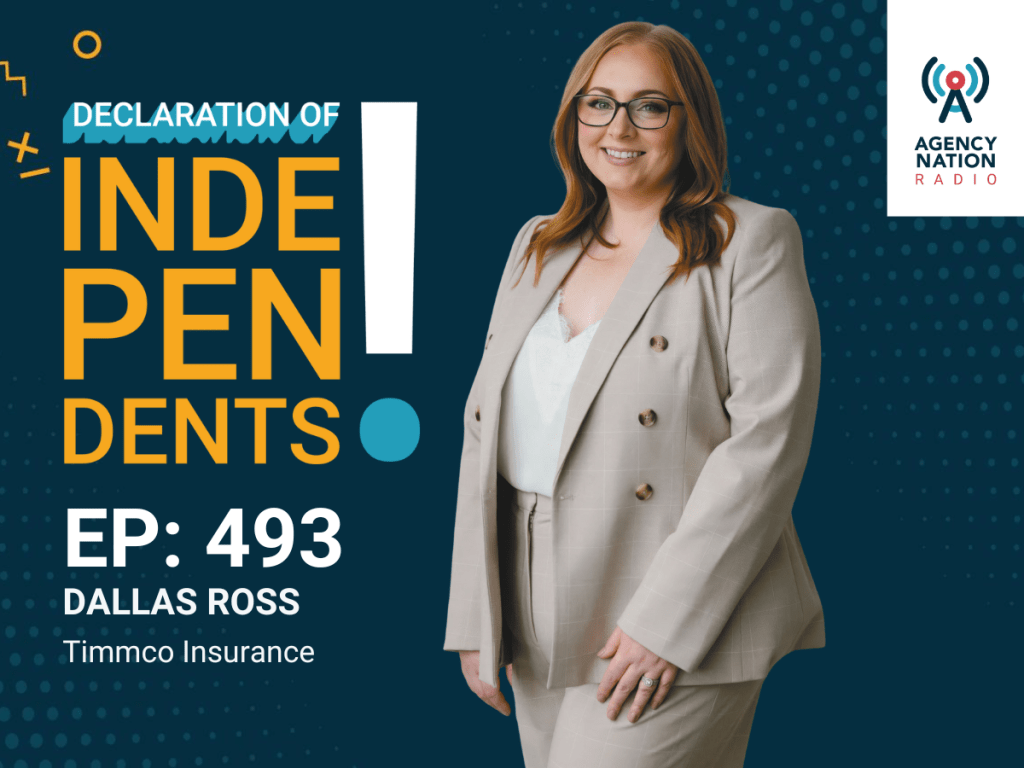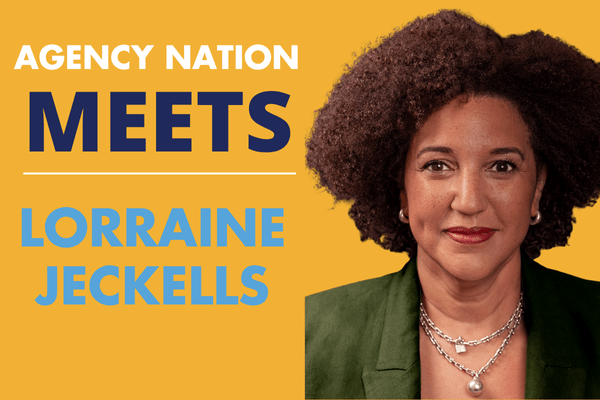Why No Marketing Can Be the Best Marketing

By: Michael Katz
Danger was the last thing on my mind. After all, it was a quiet, sunny day and I had just pulled out of my office parking lot on my way to lunch with a friend. But as I stopped 50 feet up the road at the traffic light, the few inches of snow that had been happily sitting on the roof of my car since yesterday’s storm came sliding down onto my front windshield.
I couldn’t see a thing and there was clearly too much snow to use the wipers. Fortunately, the traffic signal had just turned red. So, I put the car in park, jumped out, and took 10 seconds to push off the snow. Problem solved.
But what if all that snow had waited another five minutes for me to get on the highway and then slid down onto the windshield? At 70 mph and no safe way to pull over, I’d have had a much bigger problem and the need for a much better solution.
Problems and solutions tend to be highly correlated. Big problems; big solutions. Small problems; small solutions.
To solve the marketing “problem” you and I enjoy as professional service providers—having enough of the right clients at the right time—the best approach is not always to improve the marketing. It’s to make marketing less important by improving the offering itself, thereby lessening the size of the problem.
The fire department doesn’t need marketing. The restaurant with the six-month waiting list doesn’t need marketing. The high school kid who can throw a baseball 100 mph doesn’t need marketing. These are all situations in which the business or person in question is so rare, so in demand and so without peers, that people are lined up in the hope of doing business with them.
As my friend likes to say, you can’t shine a sneaker. Improving what you sell is better than improving how you talk about what you sell. And yet, as professional service providers, when things aren’t happening the way we might like, the reflexive move is to “fix the marketing.”
Marketing is not the first place to look. Instead, see if you can reduce the size of “the problem” by improving your offering. All the people you compete with have access to the same shiny words, quality logo designs and cutting-edge website wonderfulness as you. Trying to differentiate based on those kinds of things is a never-ending arms race.
Real differences are much harder to copy. When your offering is good, people talk about it. They tell their friends and colleagues. The thing itself becomes the marketing. None of this is true about marketing activities. Not to say they are not helpful, but they don’t come packaged with this same self-replicating benefit.
When you improve your marketing, there’s no doubt that it can help your business. But while you may benefit, it does nothing to help those who are already clients. When you improve your offering, not only do you sell more easily, but the people who purchase your offerings get more value.
The better your offering, the less effective your marketing needs to be. Few of us will ever get to the point where we can pick and choose among the customers coming to our doors. But to me, that’s the thing to strive for. Either that, or you’d better get really good at shining sneakers.
Michael Katz is founder and chief penguin of Blue Penguin Development.










